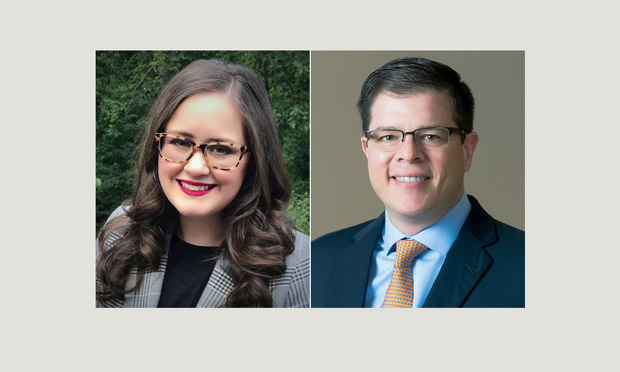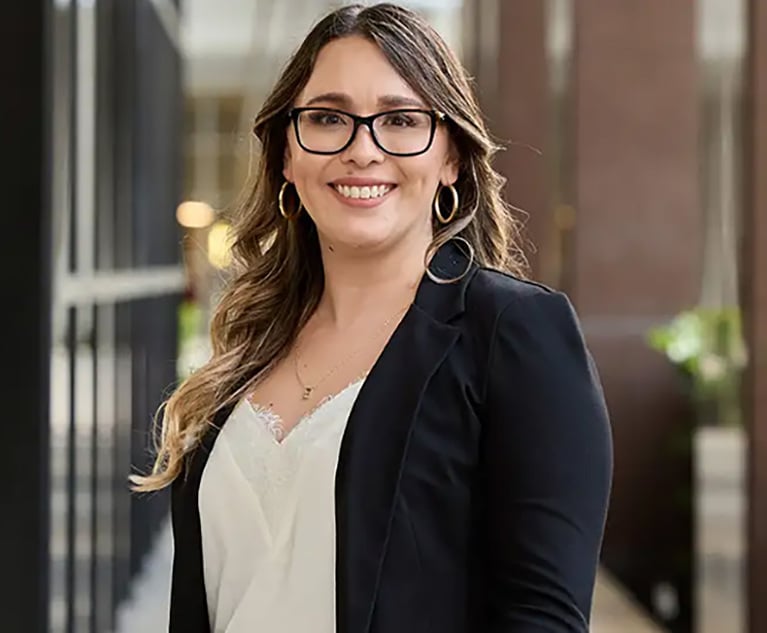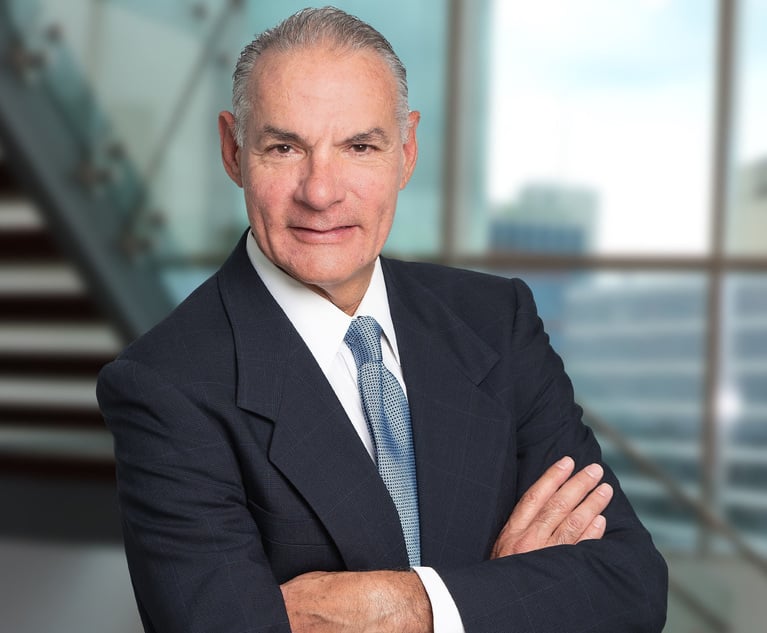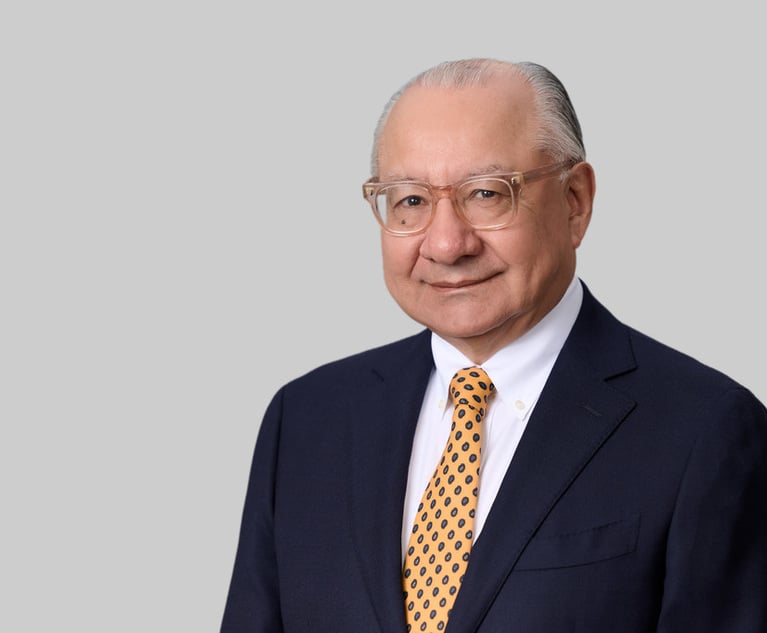As technology booms across South Florida, general practice (GP) firms with limited patent resources face ever-more complicated and technical patent questions. Such questions are sometimes so narrow and specialized that few attorneys in the United States have the measure of technical experience needed to provide solid answers. Thus, with increasing regularity, GP firms in South Florida have clients that need highly specialized patent attorneys. Consider this: One sunny day, a health care client calls on its go-to GP firm with patent questions about a big data analytics software for high-growth medical groups. Later that day, another client calls with questions about a foray into citrate-based biomaterials. Later still, a client calls regarding patentability of technology for using computer vision to integrate real world structures into machine learning systems. Even in one of the few South Florida GP firms with an experienced patent attorney, chances are that their particular patent attorney is not experienced in precisely the technical fields of your clients.
Given the limited patent resources of Florida’s GP firms, an attorney that receives calls for specialized patent counsel from a technology client is sure to experience agita. Either the attorney relies on a more generalist patent attorney to provide elementary patent counsel to a client with highly specialized needs, or they refer the client away. In South Florida, neither solution appears ideal. On the one hand, a generalist patent attorney, by definition, is likely unaware of the challenges that a client faces in a hyper-technical niche, and is almost certainly not current on the state-of-the-art patent law issues in that particular niche. Getting up to speed under these circumstances is likely time or cost prohibitive. On the other hand, to refer the client elsewhere, the referring attorney encounters the practical challenge of finding a patent attorney that is sufficiently specialized in an exquisitely narrow field that the referring attorney may understand at a very basic level. Turning back to the earlier examples, the identity of a hyper-technical patent attorney is not so obvious for data-handling software in health care, citrate-based biomaterials, or computer vision and machine learning. Of course, there is also the concern that referring the client to an unknown attorney at an unknown firm could lead to other mishaps that reflect poorly on the referring attorney.


 Amanda Kreger, summer associate with Brinks Gilson & Lione and .Alex Fernandez, Shareholder, Brinks Gilson & Lione, Tampa
Amanda Kreger, summer associate with Brinks Gilson & Lione and .Alex Fernandez, Shareholder, Brinks Gilson & Lione, Tampa




